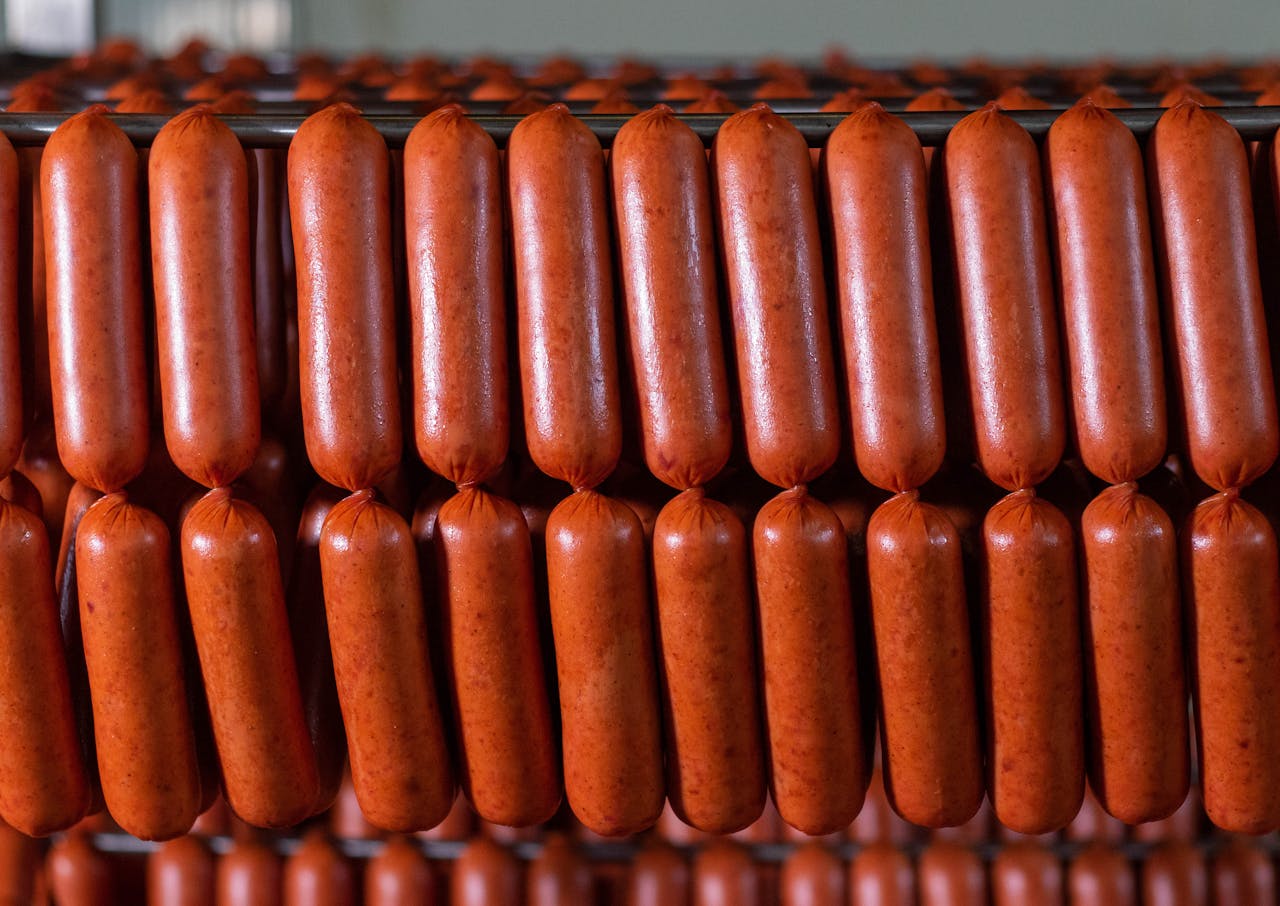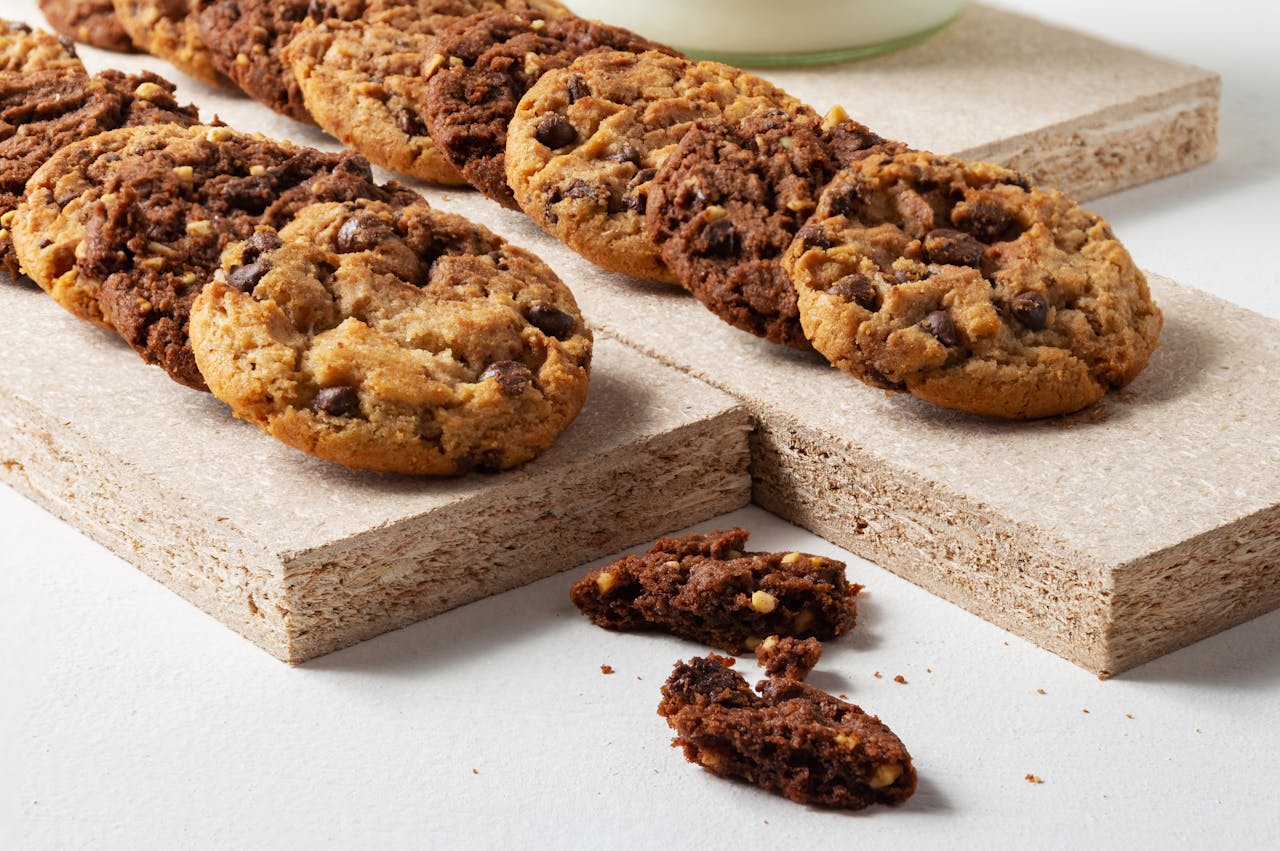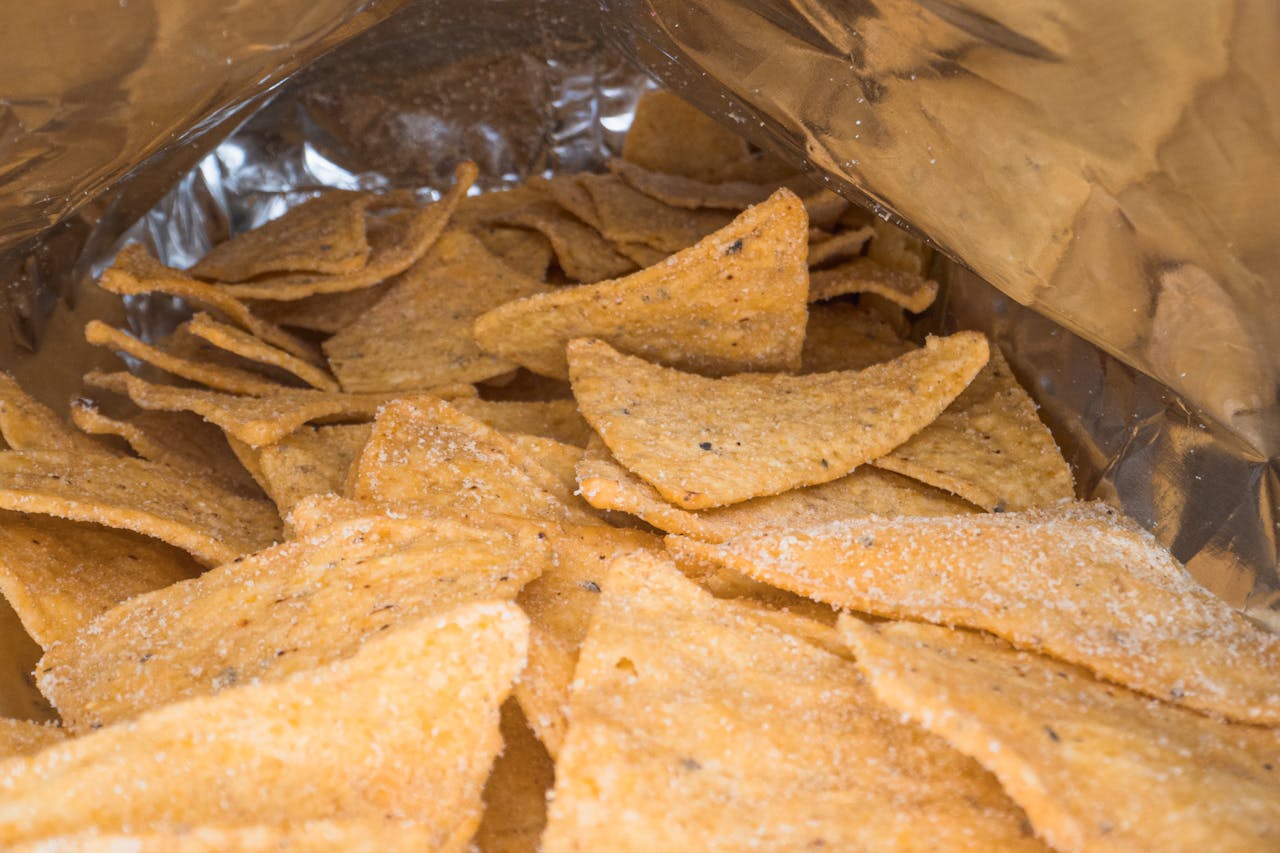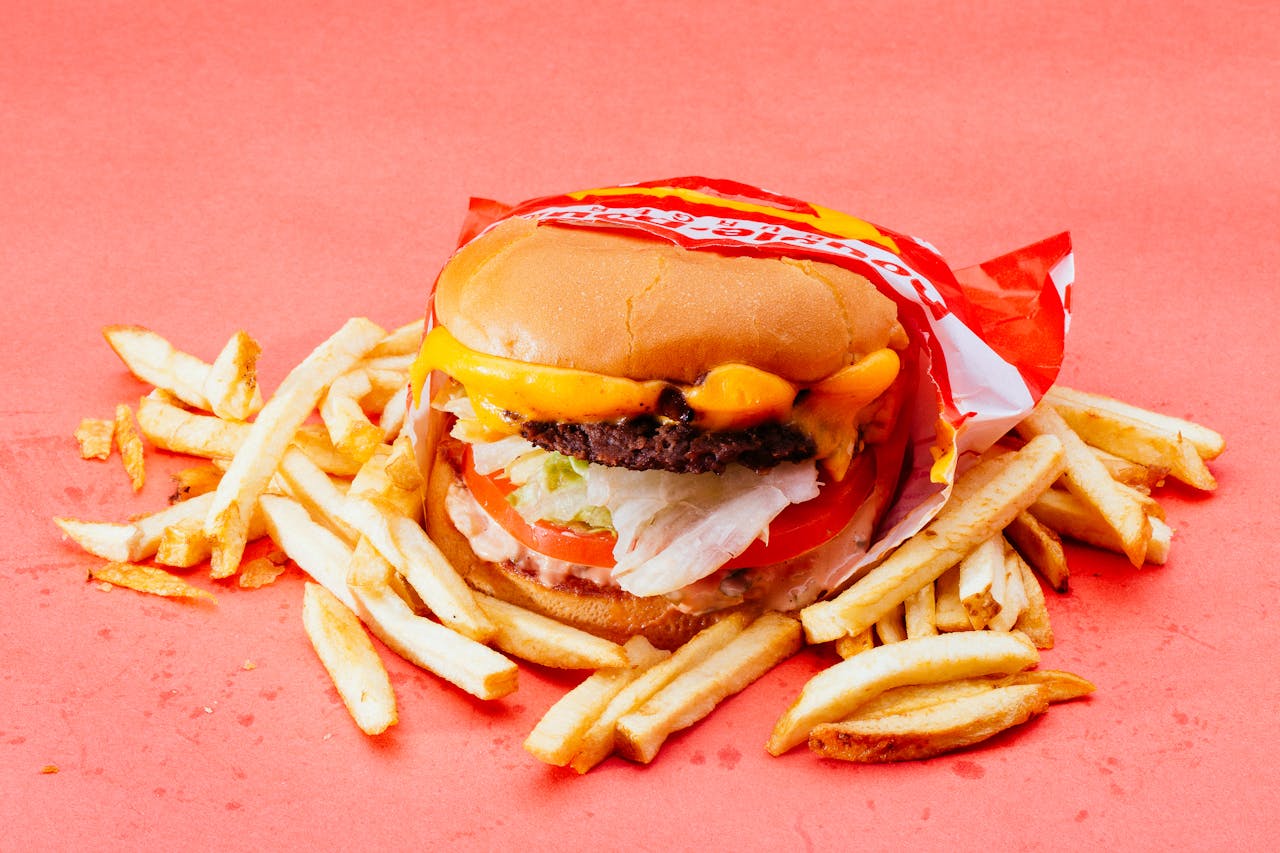When it comes to maintaining a healthy heart, the food you eat plays a pivotal role. Cardiologists have long warned about the dangers of certain foods that can seriously harm your cardiovascular health. From foods that raise your cholesterol to those that contribute to high blood pressure, these eating habits can increase your risk of heart disease, stroke, and other serious conditions. If you care about your heart—and who doesn’t?—it’s time to take a hard look at your diet. In this article, we’ll cover the 10 foods that cardiologists want you to stop eating immediately to keep your heart healthy and strong.
1. Fried Foods: A Recipe for Heart Attack Risk
Fried foods, including French fries, fried chicken, and deep-fried snacks, may taste delicious, but they’re loaded with unhealthy fats, particularly trans fats. These fats are known to raise bad cholesterol (LDL) levels and lower good cholesterol (HDL), leading to plaque buildup in the arteries. This process can increase your risk of atherosclerosis, which significantly raises the risk of heart disease. Cardiologists advise steering clear of fried foods altogether and choosing healthier cooking methods like grilling, steaming, or baking to protect your heart.
2. Processed Meats: Hidden Dangers to Your Heart
Processed meats such as bacon, sausages, hot dogs, and deli meats are packed with sodium, unhealthy fats, and preservatives. High sodium intake can contribute to high blood pressure, while the saturated fats in processed meats can raise cholesterol levels, putting undue stress on your heart. Additionally, preservatives like nitrates in these meats have been linked to a greater risk of heart disease. Cardiologists recommend replacing processed meats with lean proteins like chicken, turkey, fish, or plant-based alternatives such as beans, lentils, and tofu for a heart-friendly diet.
3. Sugar-Sweetened Beverages: The Silent Heart Health Killer
Sugary drinks like sodas, energy drinks, and sweetened iced teas may provide a quick energy boost, but they’re also a major contributor to heart problems. These drinks are packed with empty calories, sugar, and no essential nutrients, which can lead to weight gain, increased blood sugar levels, and higher risks of heart disease and type 2 diabetes. Cardiologists recommend ditching sugary drinks in favor of water, herbal teas, or unsweetened beverages to keep your heart and overall health in check.
4. Baked Goods Made with Refined Flour: A Hidden Heart Hazard
Baked goods such as pastries, cakes, and cookies may be tempting, but they often contain refined flour, which is low in fiber and nutrients. Refined flour is quickly broken down into sugar in your body, leading to spikes in blood sugar levels. This can contribute to insulin resistance, obesity, and other factors that increase your risk of heart disease. Cardiologists suggest opting for whole grain options, such as whole wheat bread, quinoa, and oats, which are healthier for your heart and provide more fiber to regulate blood sugar.
5. Trans Fats: The Worst Type of Fat for Your Heart
Trans fats are found in many processed foods, fast food items, and baked goods. They’re extremely harmful to your cardiovascular system, as they raise bad cholesterol (LDL) levels and lower good cholesterol (HDL) levels. This can contribute to clogged arteries and an increased risk of heart disease. Unfortunately, trans fats are commonly found in packaged snacks, frozen meals, and even some margarines. Cardiologists urge you to read labels carefully and avoid any food containing hydrogenated oils or partially hydrogenated oils, which are the main sources of trans fats.
6. Excessive Salt: A Silent Culprit in Heart Disease
Excessive sodium intake is a major contributor to high blood pressure, which is a significant risk factor for heart disease. Processed foods, canned soups, fast food, and salty snacks are often loaded with sodium, making it easy to exceed the recommended daily intake without realizing it. High blood pressure can cause damage to blood vessels, increasing the likelihood of heart attacks, strokes, and other cardiovascular problems. Cardiologists recommend reducing sodium intake by cooking fresh meals at home and using herbs and spices to flavor food instead of salt.
7. Fast Food: Convenience with a Heavy Price
Fast food is known for being convenient, but it’s often packed with unhealthy fats, sodium, sugar, and refined carbohydrates. Regular consumption of fast food can contribute to obesity, high cholesterol, high blood pressure, and poor overall heart health. While an occasional fast food meal may not have a major impact, frequent consumption is a recipe for cardiovascular problems. Cardiologists suggest cooking your meals at home using whole, fresh ingredients, but if you must eat on the go, opt for healthier fast food choices like salads, grilled chicken, or fruit-based smoothies.
8. Ice Cream and Sugary Desserts: A Sweet Path to Heart Disease
Ice cream and sugary desserts may satisfy your sweet tooth, but they can also put your heart at risk. These indulgences are typically loaded with sugar, unhealthy fats, and artificial additives that can contribute to weight gain, high blood sugar, and high cholesterol. Excess sugar can also lead to inflammation in your body, which damages blood vessels and contributes to cardiovascular disease. Cardiologists recommend limiting sugary desserts and opting for healthier alternatives like fruit-based treats, Greek yogurt, or dark chocolate with nuts for a healthier indulgence.
9. Canned and Packaged Soups: Sodium Overload in a Can
While canned and packaged soups may seem like an easy option for a quick meal, many are loaded with sodium, preservatives, and unhealthy fats. A single serving can contain up to 1,000 milligrams of sodium, which is more than half of your recommended daily intake. High sodium levels can increase blood pressure and contribute to heart disease. Cardiologists suggest making homemade soups with fresh ingredients and low-sodium broth to keep your heart in top condition.
10. Alcohol in Excess: A Risk Factor for Heart Problems
While moderate alcohol consumption can have some benefits for heart health, excessive drinking can seriously damage your cardiovascular system. Chronic heavy drinking can lead to high blood pressure, liver disease, and an increased risk of heart attack and stroke. Over time, excessive alcohol can also weaken the heart muscle, leading to a condition called cardiomyopathy, which can lead to heart failure. Cardiologists recommend limiting alcohol intake to one drink per day for women and two drinks per day for men to protect your heart.
Final Thoughts
Taking care of your heart begins with the food you put into your body. By eliminating or reducing the intake of these harmful foods—fried foods, processed meats, sugary drinks, and others—you can significantly lower your risk of heart disease, high blood pressure, and other cardiovascular issues. Cardiologists advise focusing on a diet rich in fruits, vegetables, whole grains, lean proteins, and healthy fats to nourish your heart and promote long-term health. Small changes today can lead to big rewards for your heart health in the future. Don’t wait—start making heart-healthy choices today!












